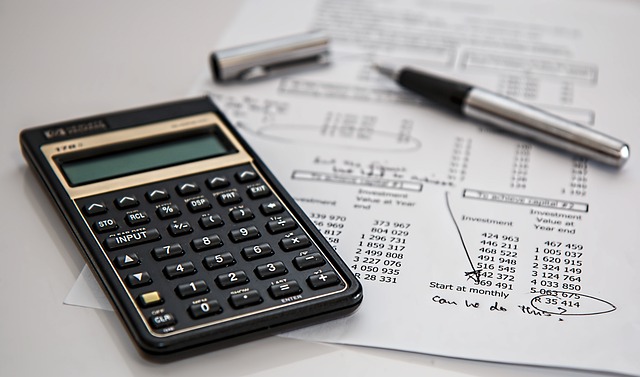4 Household Budgeting Tips that Help You Save More

Having a working budget for your home is one of the best ways to track expenditure, and even create an avenue to save for rainy days. It also gives you control over your life and set realistic goals in life.
Here are a few tips how to get started budgeting for your household.
#1 Get Organized
Guesswork often leads to overspending and impulse spending. Having everything in writing when creating a budget is one way to avoid overspending. You’ll also need to remember the small things that often use up more money than you can afford/fathom.
You’ll also need bank statements of at least four months and utility bills to help identify how much you have, and what can be budgeted altogether.
Remember to include even the smallest bits of expenditure such as bank withdrawal charges, payment processing fees and such.
Should you find you are spending more than generate in a month, you’ll then need to tighten the belt to get everything in order. The following pointers can help you realize and even amend your budget to fit your income without going overboard.
#2 Be Realistic (Don’t Overdo It)
Be keen to note down everything that needs to be bought, including the beer packs or the extra drizzle of caramel. Don’t leave out the small things just to make the budget seem pretty.
Adding everything up will give you a rough idea of how much you spend per month. It is by doing this that you can choose to revise some of the ‘unnecessities’ that could be ‘eating’ up chunks of your money.
Leaving out some of your expenses won’t help your budget either. Using a realistic approach when creating a household budget is the only way you can make it happen. Jot everything down and reconsider some of the purchases that seem far-fetched or unnecessary.
#3 Keep It Simple
While computers and smartphones provide an excellent way to keep track of your expenses, as well as create a budget template, you don’t necessarily have to use one. Although most people find some of these gadgets helpful, many still use and love the old-fashioned ways of doing things.
All you need is a pen and paper to jot down everything. Nothing beats the old school way of creating spreadsheets using a pen, paper, and ruler.
If pen and paper isn’t your style, you can then download one of the numerous household budgeting templates online to use. As long as you understand these, they can come quite in handy when you need them. By keeping it simple, you can save money that can be used in a savings account, or better again to pay off the debt. If you have a credit card or payday loan issues, try this site.
#4 Don’t Lose a Penny, Round It Up
Round up figures when calculating the total value of items. If an item/bill costs $35.2 round it up to $36. This should not only make adding figures easier, but also leave you with some loose change at the end the month. You’ll be surprised how some of the small numbers can make a real difference once everything is done.
Experts recommend rounding down pennies when working on your incomes. This will make it easier to budget without going way overboard. Following these tips to the letter, and adopting other budgeting tricks should help you save good money at the end of each month. It also means you’ll never have to go without essentials in the house.


![How To Budget Better [3 Actionable Tips]](https://stumbleforward.com/wp-content/uploads/2016/11/budgeting_your_money.png)



